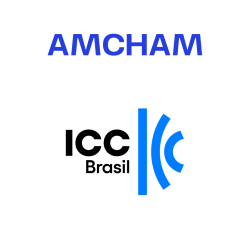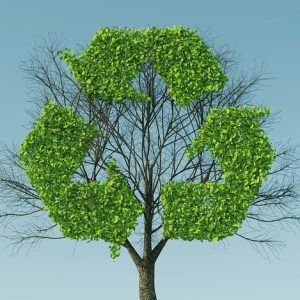ABOUT IT
The main objective of the project was to transform the production process of phosphoric acid (H3PO4), as well as the management of its waste, rejects and by-products, in order to mitigate its impact on the environment at Mosaic's operations in the Uberaba Industrial Complex.
By adopting new filtration processes and treating the by-products of the reactors used for the reaction that makes it possible to produce the án the production of phosphoric acid (H3PO$), a fundamental input in the fertilizer production chain, the company has managed to ensure that part of this by-product, previously discarded from the production process, can be reused as a secondary product, integrated into the company's portfolio.
This development has made it possible to reduce new gypsum stacking areas and the environmental risks of this storage. The acidic water generated is recovered in a circuit of ponds together with the rainfall contributions, most of which is recycled for the process. The surplus is sent to the effluent treatment system (ETEL).
Results and Objectives
- Transition in the use of gypsum from a waste product from fertilizer production to a product for use in agriculture (agricultural gypsum) and also in construction (chemical gypsum).
- Current gypsum shipping capacity of 5,500 tons/year, which was previously destined for the gypsum pile.
- Increasing the climate resilience of plants with the use of phosphogypsum, promoting the adaptation of agriculture to climate change.
More Mosaic Fertilizantes Projects
MOSAIC FERTILIZERS
MOSAIC FERTILIZERS





